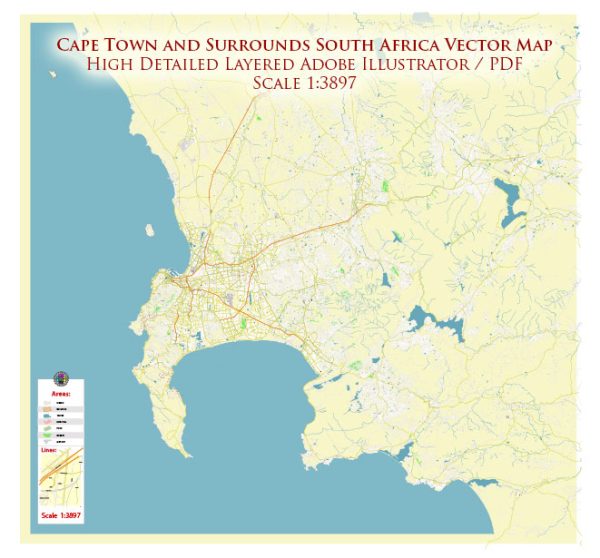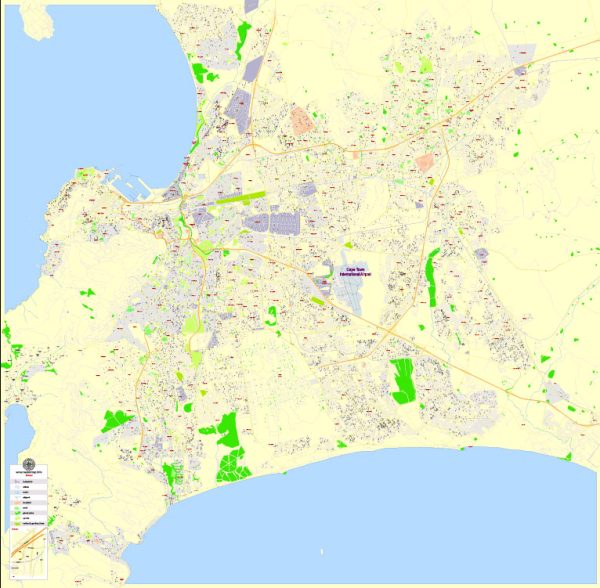Cape Town, located on the southwestern tip of South Africa, is one of the country’s most iconic and historically significant cities. Its history is marked by a rich tapestry of cultures, colonialism, resistance, and transformation. Here is an overview of Cape Town’s history:
Early Inhabitants: Before European colonization, the Cape Town area was inhabited by the indigenous Khoikhoi and San peoples. These groups had a rich cultural heritage and were pastoralists and hunter-gatherers, respectively.
European Colonization: Portuguese explorer Bartholomew Diaz first rounded the Cape of Good Hope in 1488, and in 1652, the Dutch East India Company established a refreshment station at the Cape for ships traveling between Europe and the Dutch East Indies. Jan van Riebeeck was appointed as the first commander of the Cape Colony, marking the beginning of European settlement in the region.
British Rule: In the late 18th century, the British Empire took control of the Cape Colony from the Dutch during the Napoleonic Wars. This led to a period of British colonial rule, which had a significant impact on the demographics and culture of the region.
Apartheid Era: In the mid-20th century, South Africa implemented the apartheid system, which enforced racial segregation and discrimination. Cape Town was affected by this policy, with certain areas designated for specific racial groups. District Six, a diverse and vibrant community, was forcibly cleared during this period.
Resistance and Activism: Cape Town played a crucial role in the struggle against apartheid. Leaders like Nelson Mandela were imprisoned on Robben Island, just off the coast of Cape Town. The city saw numerous protests and demonstrations, with iconic events like the 1976 Soweto Uprising.
Post-Apartheid Era: With the end of apartheid in the early 1990s, Cape Town, like the rest of South Africa, began the process of reconciliation and transformation. The city became known for its diverse population and its symbolic importance in the nation’s transition to democracy.
Tourism and Cultural Heritage: Cape Town is renowned for its natural beauty, including Table Mountain, beautiful beaches, and a Mediterranean climate. Its rich history is reflected in landmarks like the Castle of Good Hope, the Company’s Garden, and the Iziko South African Museum. The city also boasts a vibrant arts and cultural scene.
Challenges: While Cape Town has made progress in addressing the legacy of apartheid, it still faces challenges such as economic inequality, housing disparities, and access to basic services, particularly in informal settlements.
Cape Town’s history is a complex and fascinating one, shaped by the interactions of various cultures and the struggles for freedom and equality. Today, it stands as a city that blends its historical heritage with a modern, multicultural society.



 Author: Kirill Shrayber, Ph.D. FRGS
Author: Kirill Shrayber, Ph.D. FRGS